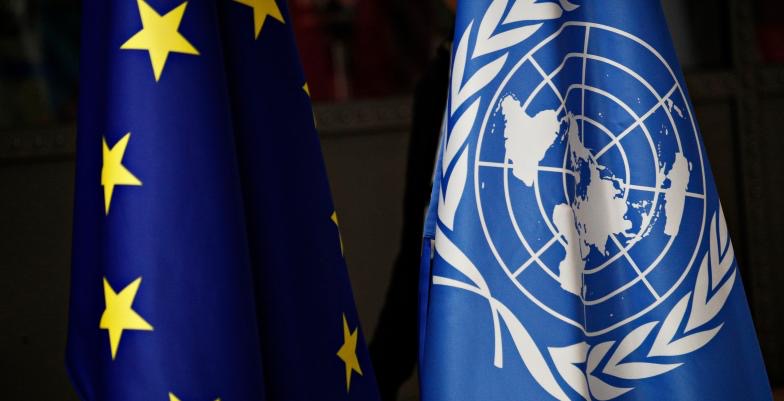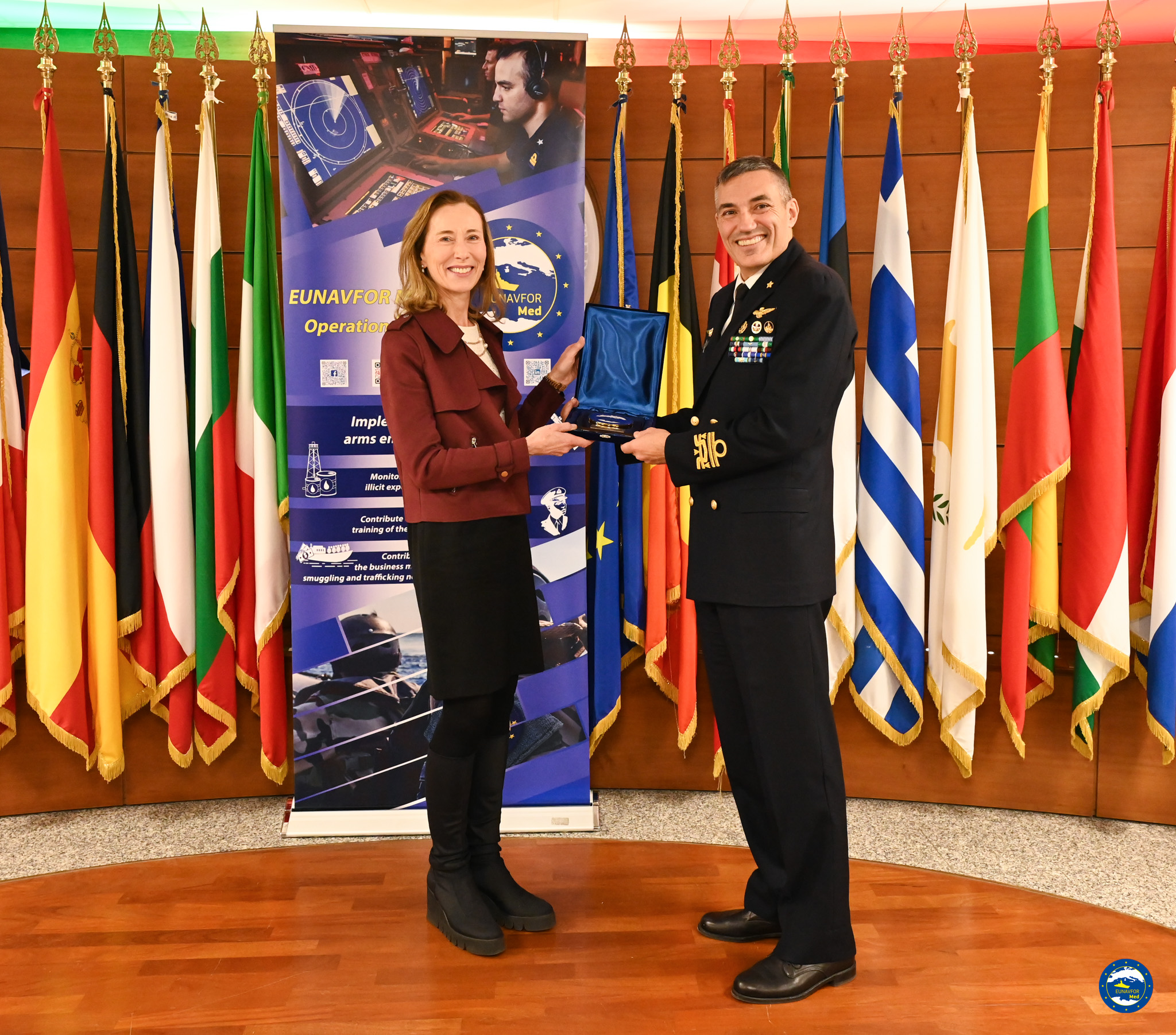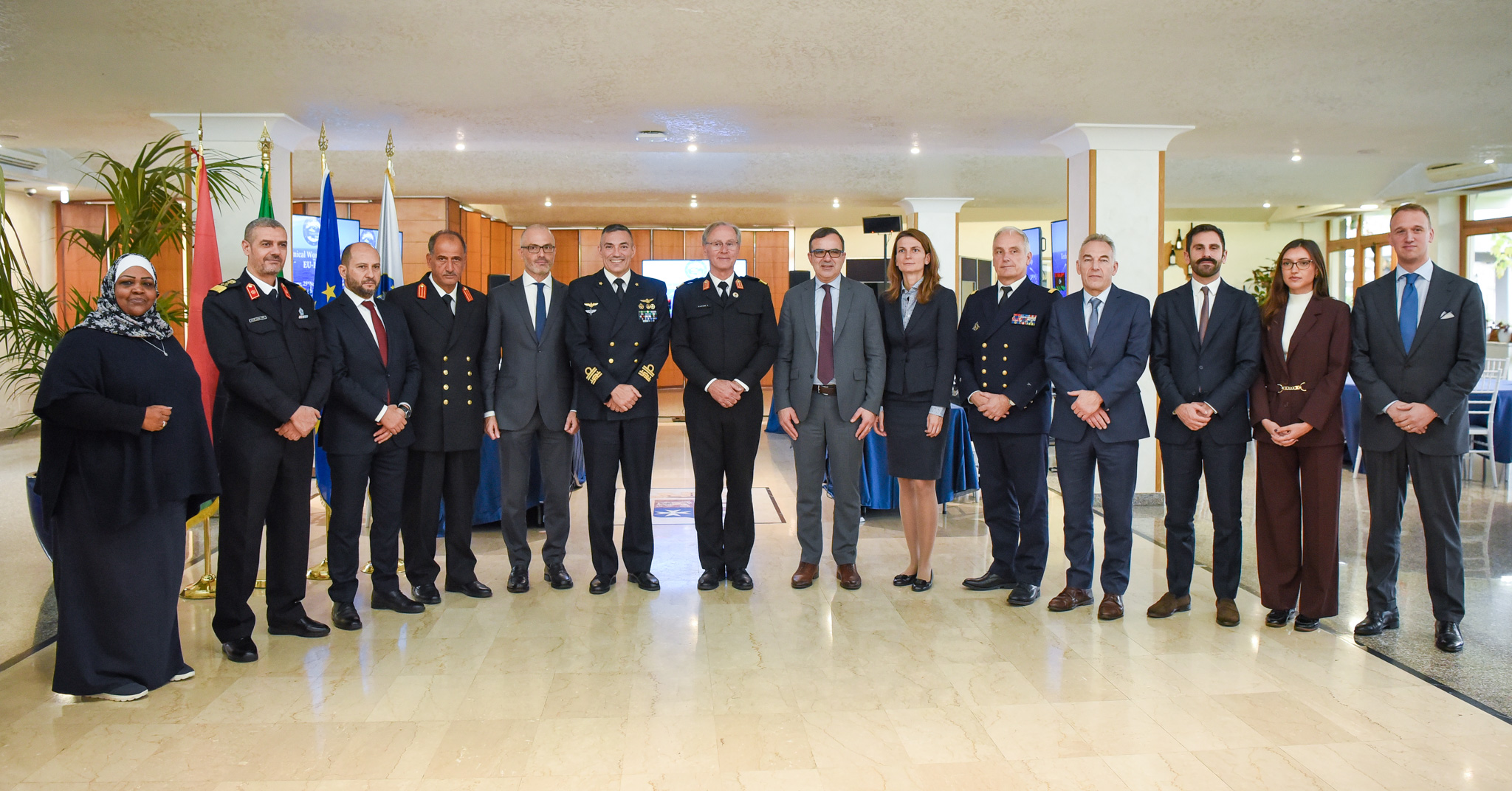UN Security Council extends the legal framework for EUNAVFOR MED IRINI’s core task

On 2 June 2023, the United Nations Security Council (UNSC) extended UNSC Resolution 2292 (2016) with the adoption of Resolution S/RES/2684 (2023) for 12 new months. The new resolution was adopted bith 14 vote in favour and 1 abstention by Russia. The renewal confirms EUNAVFOR MED IRINI’s legal framework for the conduct of off-shore inspections onboard vessels suspected of operating in breach of the UN arms embargo on Libya in accordance with UNSCR 1970 (2011).
High Representative/Vice-President Josep Borrell said: “By patrolling the Central Mediterranean, EUNAVFOR MED IRINI ensures the implementation of the UN arms embargo on Libya. This EU flagship operation is crucial not only for peace and stability in Libya, but also for the wider region. With the renewal of the mandate by the UN Security Council resolution, IRINI will continue to pursue its core mandate.”
With this extension, EUNAVFOR MED IRINI can continue carrying out inspections of vessels bound to or from Libya, where there are reasonable grounds to believe that such vessels are carrying arms or related materials to or from Libya, directly or indirectly, in violation of the arms embargo on Libya in line with its mandate and relevant UN Security Council resolution.
The implementation of the UN arms embargo on Libya remains crucial. Over the last 12 months, EUNAVFOR MED IRINI made two significant seizures of illicit cargos on its way to Libya. In July and October 2022, the operation uncovered two substantial breaches of the embargo. In total, about 150 vehicles modified for military-purpose were seized. By preventing these vehicles to be delivered in Libya, it contributed to supporting the current ceasefire in the country.
Background
The EU mandate for EUNAVFOR MED was extended on 20 March 2023 by the Council of the European Union for two years, until 31 March 2025 (https://eur-lex.europa.eu/eli/dec/2023/653/oj). It comprises the core task of implementing the UN arms embargo on Libya and the three secondary tasks of contributing to the implementation of UN measures to prevent the illicit export of oil products from Libya, supporting the disruption of the human smuggling business model and trafficking networks, and providing capacity building and training to the Libyan Coast Guard and Navy. This last task remains to be implemented as soon as the context allows.
- https://www.operationirini.eu/eu-operation-irini-found-cargo-breach-un-arms-embargo-libya-inspection-ship-off-coast-libya/
- https://www.operationirini.eu/operati on-irini-seizes-illegal-cargo/




